774 total views today
By Angela Atabo, News Agency of Nigeria (NAN)
50 years ago, in May 1975, 15 West African countries came together and the Economic Community of West African States (ECOWAS) was birthed with the Treaty of Lagos.
The vision was bold–to create a strong, integrated regional bloc that would promote economic development, political cooperation, social solidarity, and peace across the subcontinent.
Half a century later, ECOWAS stands as both a testament to regional solidarity and a mirror reflecting the complexities of post-colonial Africa.
As ECOWAS marks its 50th anniversary, observers say it is time to assess its journey, celebrating achievements, confronting challenges, and mapping a future that serves the people of West Africa.
They say the regional bloc has achieved some feats in terms of peace and security using ECOWAS Monitoring Group (ECOMOG), for peacekeeping in stabilising conflict zones.
According to them, ECOWAS protocol on free movement of persons has enabled millions of West Africans to travel, trade, and seek work across borders without visas.
More so, stakeholders highlight ECOWAS’ strides toward economic integration through initiatives like the ECOWAS Trade Liberalisation Scheme (ETLS) and efforts to create a common currency, external tariff among other achievements.
Regrettably, analysts say the sub-region has also experienced some road blocks to unity and political stability amid the rise of terrorism and armed insurgency in the Sahel.
In recent years, a resurgence of military coups in Mali, Guinea, Burkina Faso, and Niger has challenged ECOWAS’s democratic credentials.
As ECOWAS clocks 50, the need for reforms and renewal is urgent.
President Bola Ahmed Tinubu recently highlighted several challenges facing ECOWAS to include political instability, economic disparities, and the need for stronger regional integration.
Specifically, Tinubu emphasised the threats of unconstitutional rule, violent extremism, and the ongoing struggle to address poverty, lack of access to quality education, and unemployment and noted the need for ECOWAS to refocus on its people, invest in education and innovation, and strengthen its commitment to democracy and good governance.
As part of effort to address these challenges; Civil Society Organisations(CSOs) who have continued to contribute significantly to conflict prevention, peace building, and the overall development agenda of ECOWAS are speaking up.
They are of the opinion that the regional bloc was in need of reforms among other things to strengthen the region in all spheres.
CSOs like the West Africa Democracy Solidarity Network (WADEMOS), Centre for Democracy and Development (CDD), Ghana and Nigeria, as well as other stakeholders who have been playing vital roles in ECOWAS, have lent their voices.
CDD Senior Fellow, Prof. Jibrin Ibrahim, said that recent developments, including military coups in Mali, Burkina Faso, Niger, and Guinea, posed significant challenges to the bloc’s unity.
Ibrahim said that although ECOWAS had been instrumental in deepening democracy in the region; yet, the emergence of unconstitutional regimes threatened the unity and progress it had achieved.
“We are facing a major crisis, especially following the emergence of coup d’etat in the region, specifically in Mali, Burkina Faso, Niger and Guinea.
“This is a huge challenge which eventually led to the emergence of a different organisation for the Sahelian countries.
“We feel that we must take the long view and that long view means, first and foremost to remain on the path of democratic consolidation for West Africa.”
Ibrahim said there was need to continue to talk to the Sahelians countries that left democracy to see the value of democracy in the medium term and on the basis of that rescinded their decision.
He explained that one of ECOWAS’s core reasons for existence was promoting regional integration and the Sahelian countries that opted out have no access to the sea.
He said that the inability of many ECOWAS member states to generate sustainable employment, particularly for the youths was fueling disillusionment and instability.
Ibrahim said there was need to deepen the democracy of the region through various reforms.
“ECOWAS has been good for West Africa and West Africa has been good for ECOWAS.
“It has been a very positive force for West Africa and we do not want ECOWAS to disintegrate; we feel that we must remain on the path of democratic consolidation for West Africa,’’ he said.
In his opinion, the Director of CDD West Africa, Dr Dauda Garuba, said ECOWAS was still serving the needs of West Africa in spite of the challenges although more needs to be done.
“We need to redefine the treaties and protocols; we also need to create a situation where democracy will continue to flourish in this region for prosperity.
“This will lead to full regional integration and also achieve what we call the developmental regionalism that is a dream of our time,’’ he said
Stressing the need for reforms, the Project Coordinator of WADEMOS, Paul Osei-Kuffour, said the challenges faced by the regional bloc had made it imperative for innovative reforms.
“Indeed, the need for ECOWAS is even more demanding to ensure a coordinated and harmonised response, cooperation and solidarity in countering cross-border security threats fuelling instability and roll back deteriorating democratic norms and governance in the region,’’ he said.
He commended ECOWAS for being reconciliatory and exhibiting statesmanship with its position and response to the Alliance of Sahel State (AES) countries following the Jan 29th deadline, which contributed to mitigating public anxiety and apprehension at the time.
Osei-Kuffour called on AES to prioritise its engagement with ECOWAS within the transition period, particularly on matters of security and trade in the wider interest of cooperation and the stability of West Africa.
The Chairman of the CDD Board, John Odah, called on civil society organisations to critically evaluate the bloc’s successes and shortcomings and to actively support the vision of regional integration.
“ECOWAS was established to integrate 15 sub-Saharan African countries socially, economically, culturally, and politically, so it imperative for civil society to ensure that the dream of ECOWAS integration is not aborted.
“Democracy in West Africa deepens when democracy in the individual countries in West Africa deepens; we have had some challenges in some of our West African countries where the democratic regime has encountered significant challenges.
“However, we feel it is important for all of us as citizens of our own countries to try to engage political actors to remain on the path of democracy and that by deepening democracy at the country level, we can deepen democracy at the regional level,’’ he said.
The WADEMOS Advocacy officer, Austin Aigbe, said there had been democratic backsliding in the West African region that if not addressed could lead to more coups.
“We have come to know that disintegration is not an option because of the huge opportunity that the ECOWAS bloc provides.
“As a West African citizen you can travel around the region without passport; that is an advantage that ECOWAS brings to the table but however with the exit of some countries, it reduces that number.
“This is weird for us so we need to get them back.
“There is also a challenge that needs attention, this is with the countries that extend their tenure and change their constitution; we call it constitutional coup.”
According to Aigbe, if military coups are criticised, then civilian coup of tenure elongation should also be condemned .
He said there was need to continue with the ideology of ECOWAS but by rethinking reforms to properly position it as a stronger institution, the pride of Africa.
“The democratic backsliding must be tackled because we do not want ECOWAS to disintegrate especially because of its free movement, beyond that, there is need to enforce the ECOWAS protocol of good governance and democracy,” he said.
For ECOWAS to survive and be strengthened going forward, experts advise that it rebuilds trust and democratic norms by revisiting governance protocols and strengthening democratic institutions.(NANFeatures)
***If used, please credit the writer and the News Agency of Nigeria.



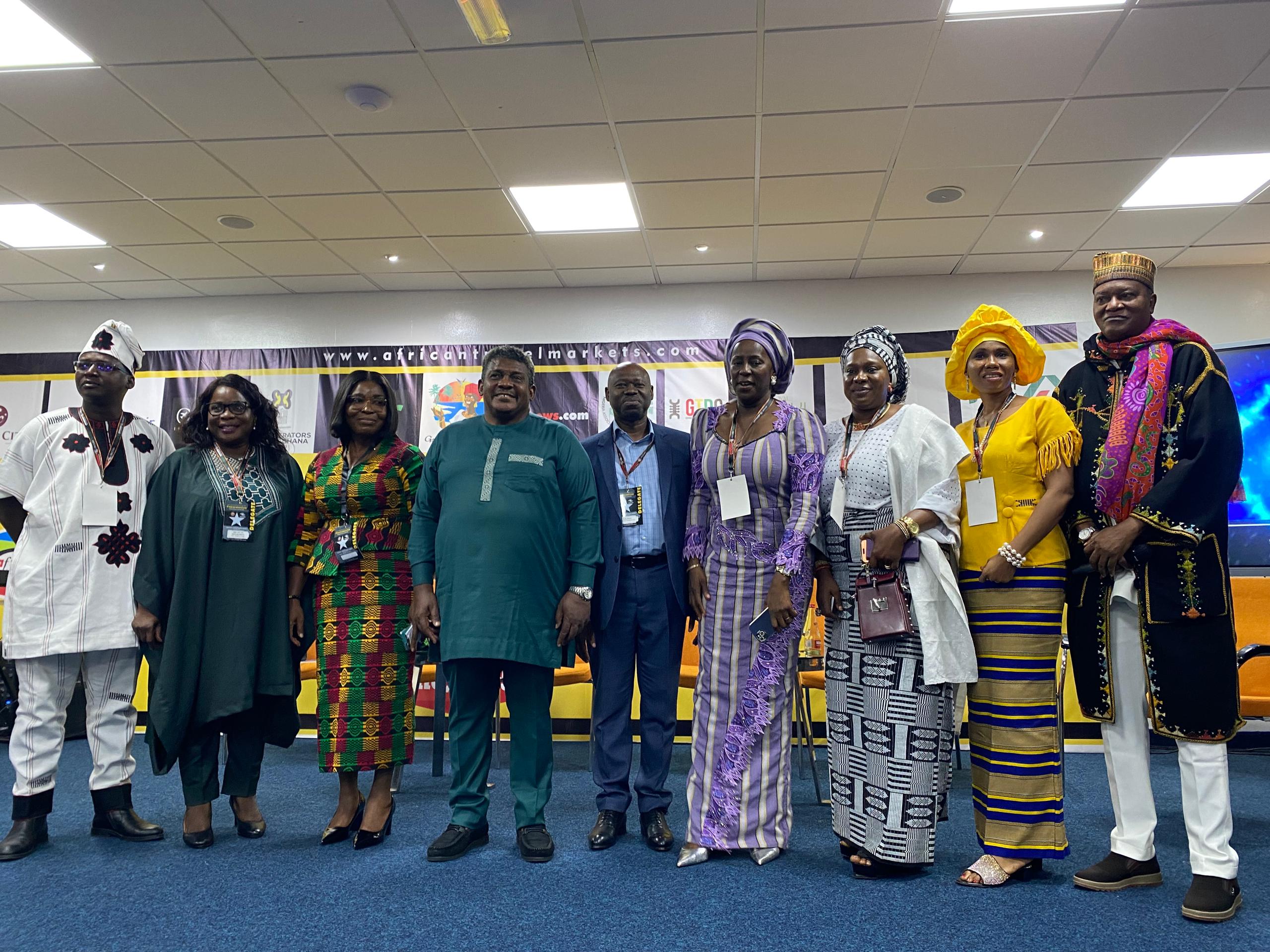
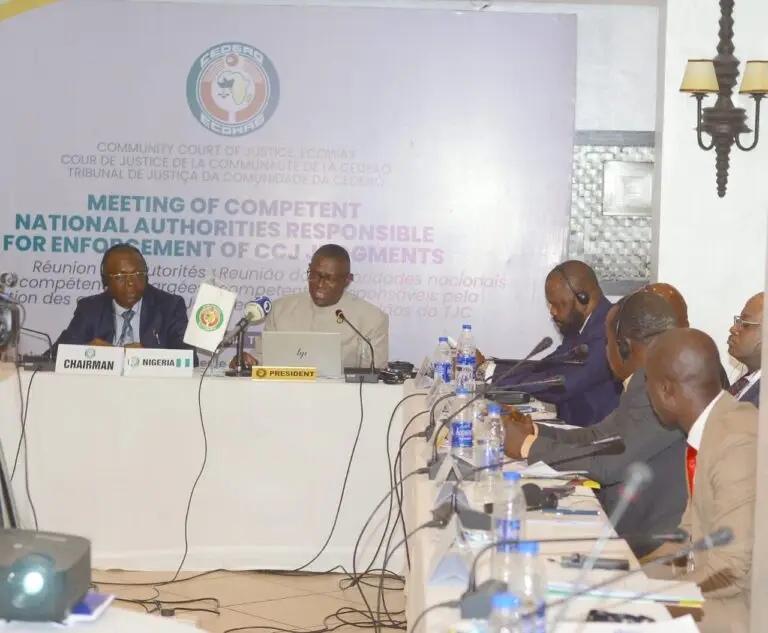
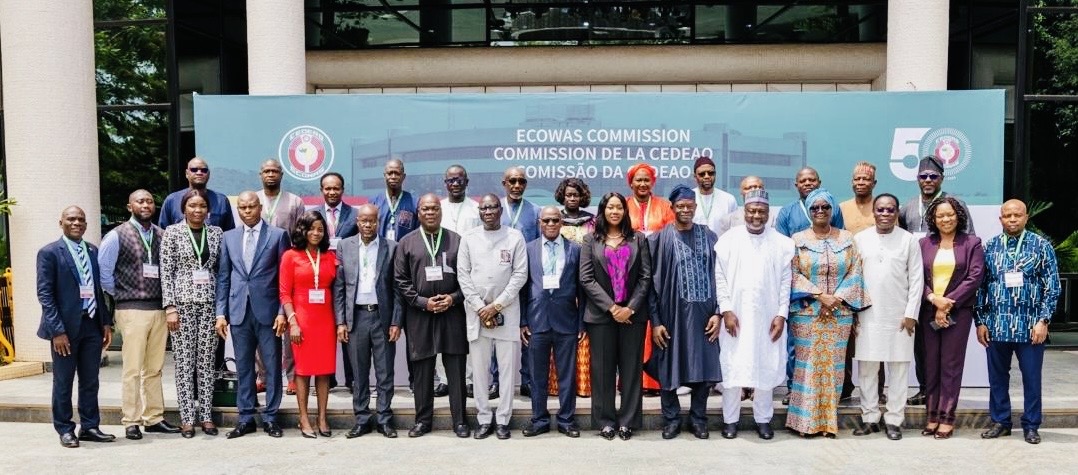
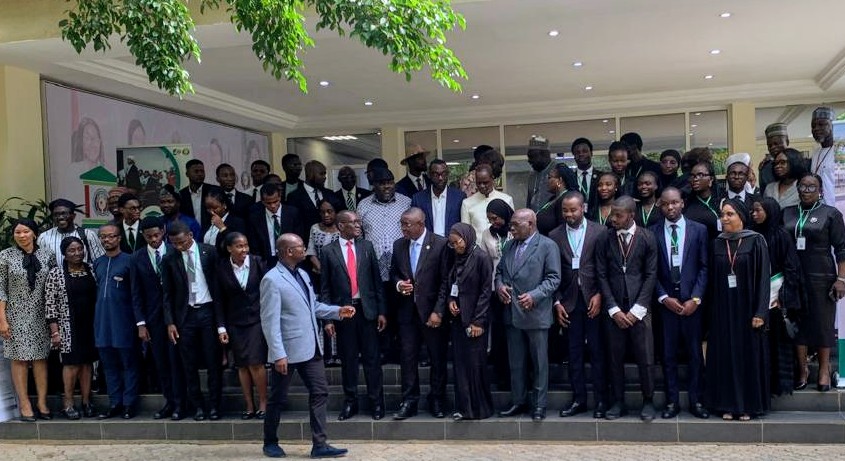
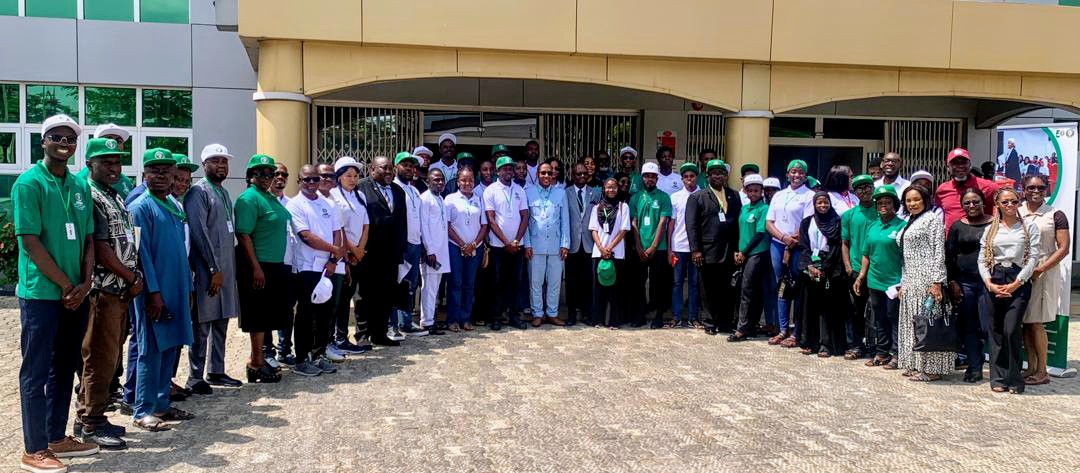
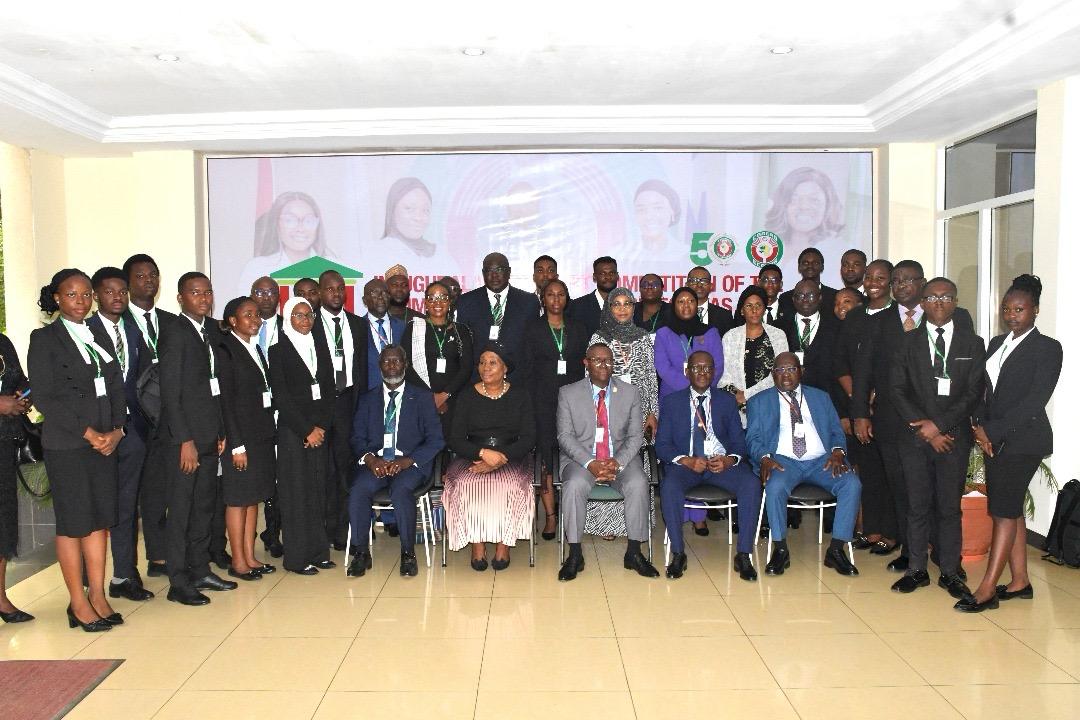
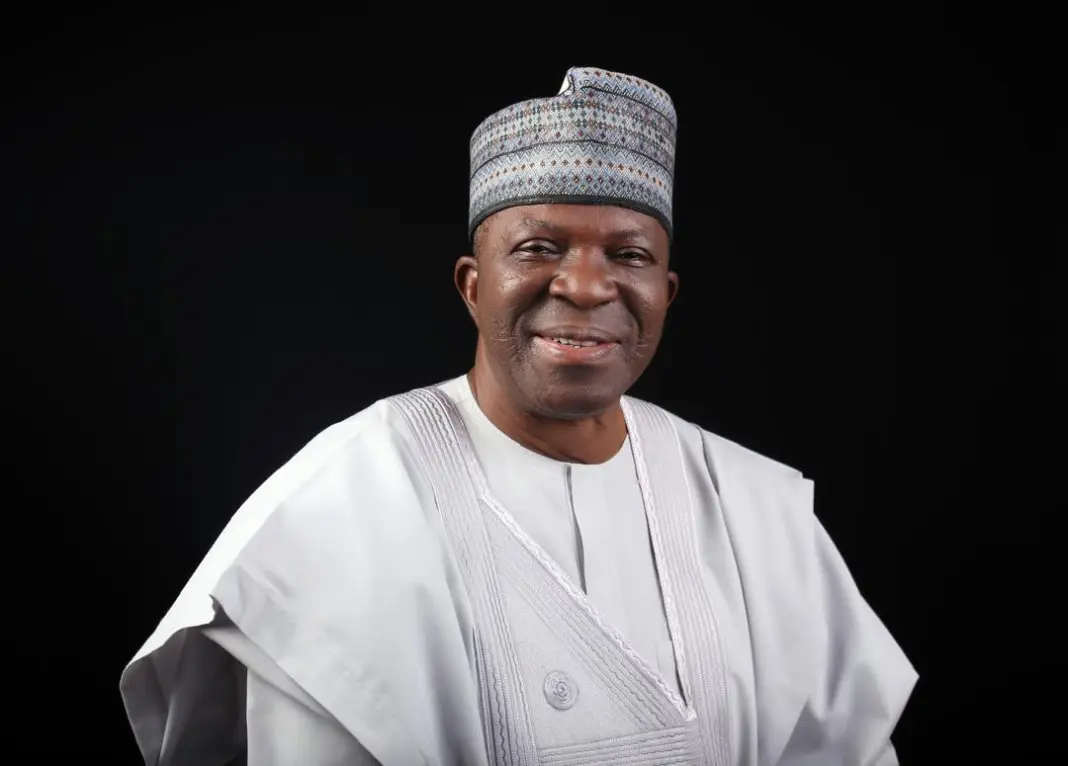



 Donkor said that Nigeria would soon give an additional 100 million dollars capital contribution to EBID, which he described as a reaffirmation of its strong commitment to regional economic integration and development.
Donkor said that Nigeria would soon give an additional 100 million dollars capital contribution to EBID, which he described as a reaffirmation of its strong commitment to regional economic integration and development.